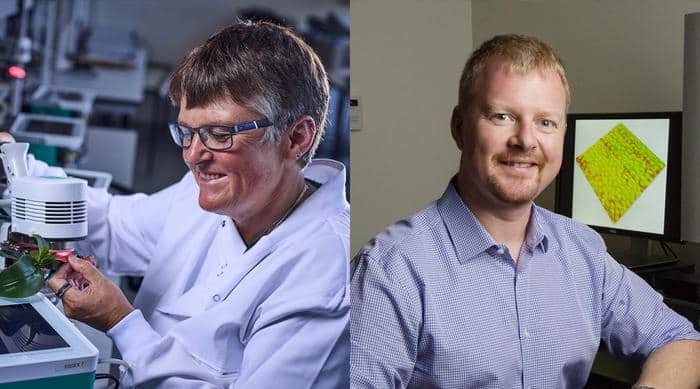The National Science Foundation, in collaboration with international partners, has funded a new research center focused on bioeconomic solutions through multidisciplinary collaboration.
The U.S. National Science Foundation (NSF), in collaboration with institutions in Canada, Finland, Japan, South Korea, and the United Kingdom, announced funding for a new International Center of Excellence as part of the Global Center Competition. These centers are designed to advance bioeconomy research by addressing global challenges such as improving crop resilience and developing sustainable fuel sources.
One of the newly funded centers, the Alliance for Socially Acceptable and Viable Plants (ASAP), is led by the University of Illinois at Urbana-Champaign (UIUC). The initiative is supported by international partners including Research Council Finland (RCF), Japan Science and Technology Agency (JST) and UK Research and Innovation (UKRI).
“Faster progress towards a sustainable bioeconomy is essential to reduce carbon emissions and ensure cleaner energy production. One of the key goals is to improve the performance and resilience of feedstock crops. We are excited to work with partners around the world to address this important challenge, including understanding the social components of technology acceptance,” said ASAP Director and Professor of Plant Biology. Tracy Lawson said in a UIUC news release.
The 2024 Global Center Awards focus on research in the bioeconomy, including improving crop resilience, converting biomass into sustainable fuels, and expanding biotechnology applications for social impact. These centers emphasize collaboration across scientific disciplines and countries, including integrating education and the social sciences to ensure that results benefit society. Public engagement and workforce development are central to our mission, with a focus on community impact.
“The Global Center harnesses the expertise and resources of like-minded countries and brings together multidisciplinary teams from around the world to accelerate innovation in the bioeconomy and make a huge impact,” said NSF Director. Sethuraman Panchanathan said. “Together, we are building new solutions to pressing socio-economic challenges that affect us all. These international centers of research excellence will generate critical knowledge and support communities. and strengthen the foundations of global cooperation.”
The University of Illinois’ ASAP Global Center is led by Lawson and Andrew Leakey, professor of plant biology and ASAP associate director. The center is supported by researchers from Finland, Japan and the UK, including experts from institutions such as the University of Essex, the University of Oxford and the University of Vaasa.
The ASAP Center focuses on synthetic biology solutions to exploit genetic diversity to develop energy- and water-efficient crops. International research teams are integrating recent advances in genetics, synthetic biology, AI and biotechnology to improve crop performance. In addition to technological advances, the project also investigates stakeholder attitudes towards biotechnology and sustainability.
“Progress towards improving feedstock crops to achieve a viable bioeconomy is hampered by the slow speed of design-build-test-learning cycles and the urgent need to discover genetic mutations that lead to improved traits. ,” Leakey said. “ASAP is a case study in the integrated use of robotics, AI-enabled analytics, and gene editing to deliver synthetic biology solutions for producing energy- and water-efficient crops.”
The center will also leverage AI tools and biofoundries to speed up the crop improvement process, train future scientists and engage with the public to ensure innovation meets consumer and market needs. We plan to involve both industries.

